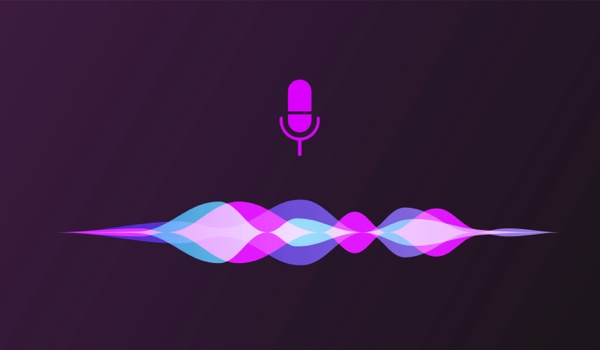


ZURICH - To solve complex problems, intelligence is needed. This is the mantra of the cognitive era: there is a problem and technology is needed to fix it. New problems arise, more technology is built to patch it, and the cycle goes on and on.
Think about the Rubik’s Cube phenomenon in the 1980s. Trying to get all sides the same color was a difficult task that required a lot of thought. Nowadays, you can find a solution by viewing instructions on the popular social media platform YouTube, problem solved! How many problems can be outsourced and how will this affect a person’s psychology, brain, decision-making capabilities, or social skills? How will this affect a person’s intelligence?
Take out your phone and start a conversation with your digital assistant. Ask Siri or your Google Assistant: Am I intelligent? Please remember the answer.
I don’t know how Siri works, and don’t understand the statistics behind natural language processing. I am a psychologist, with no background in technology. However, I learned some things about human intelligence, and surprisingly, many things were quite disturbing, e.g., when intelligence tests were used to systematically destroy humans to create better ones for the Nazi regime during World War II because they possessed “low intelligence.” Yet at the same time, the massive corpus of intelligence research has provided us with a lot of valuable insights into human thinking and offered good advice to schools, teachers, and academia.
Going back to Siri, the Women in AI in Switzerland wanted to understand intelligence from a new perspective: How intelligent is Siri? In a fun project the group invented the A-IQ - an intelligence quotient (IQ) test for digital assistants. Hundreds of questions were evaluated from academically constructed IQ tests, categories were formed, such as language aptitude, explicit knowledge and critical thinking, and an evaluat
The content herein is subject to copyright by The Yuan. All rights reserved. The content of the services is owned or licensed to The Yuan. Such content from The Yuan may be shared and reprinted but must clearly identify The Yuan as its original source. Content from a third-party copyright holder identified in the copyright notice contained in such third party’s content appearing in The Yuan must likewise be clearly labeled as such. Continue with Linkedin
Continue with Linkedin
 Continue with Google
Continue with Google











 1455 views
1455 views






